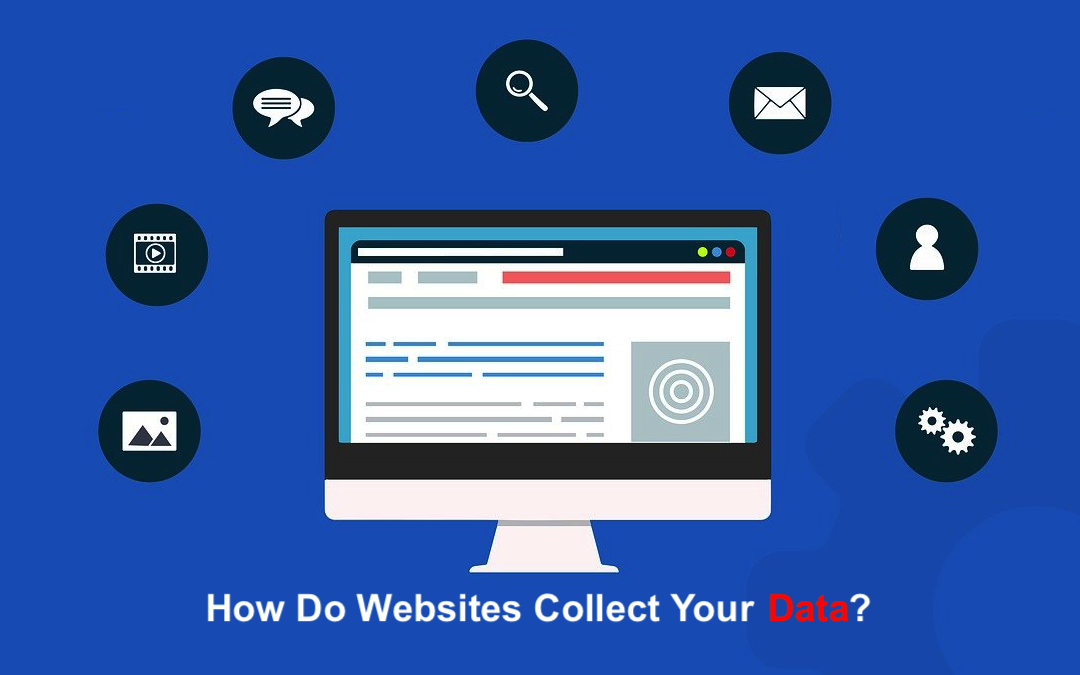
Every website you visit collects data in one form or another. You may or may not have to give them your permission to do so, either.
Browsing history. User behavior. Location. Personal information. These are things companies can use to build your profile and target you more effectively. But how do they do this? Let's find out.
Cookies
Cookies are like digital breadcrumbs. They play an important role in helping websites keep information about your visit. By storing information such as log-in details, cookies help optimize your experience when you revisit a site. Sounds great, right? That's not all.
Third-party cookies track your activities between sites and browsing sessions. This gives companies, usually advertisers, information to help build your consumer profile. As a result, you'll usually see more targeted and personalized ads.
Some people don't mind, but others do. Blocking third-party cookies is a simple solution if you're in the latter group.
Web Beacons and Tracking Scripts
Cookies aren't the only things that monitor your activity on a website. Other technologies can extract more detailed records and track your usage.
Web beacons embedded on pages or other content send information to the server when you load them. This information can include your IP address, the device you're using, and the exact time you loaded the content.
Some websites use JavaScript to enhance functionality and the user experience. However, it can also track user behavior. Tracking scripts record actions like mouse movements, clicks, and interactions with page features.
Install a VPN if you're not comfortable with websites seeing and storing your IP address. A VPN assigns you a different IP address and connects you to an encrypted VPN server instead of one belonging to your internet service provider. It's easy to use and improves your privacy.
Form Submissions and Account Registrations
Submitting details through an online form means giving away your personal information. The same goes for registering for accounts. It's one of the most common ways to gather personal information, such as names, addresses, and phone numbers.
This is usually unavoidable if you want to use a product or service. But it doesn't mean you have to be clueless. Ensure you read the terms and conditions and review any tick boxes to understand exactly what you're signing up for.
Social Media and Third-Party Integration
Websites are often connected to other applications, such as social media platforms. Shared data is common between these services. Therefore, a website can have information about you without collecting it directly.
Take Control of Your Data Privacy
Companies have a variety of ways to harvest and store your data, whether you like it or not. But you can change that. With a greater understanding, you'll know what you're giving away and be able to boost your online privacy. Take control of your data online today.
Share this post
Leave a comment
All comments are moderated. Spammy and bot submitted comments are deleted. Please submit the comments that are helpful to others, and we'll approve your comments. A comment that includes outbound link will only be approved if the content is relevant to the topic, and has some value to our readers.


Comments (0)
No comment